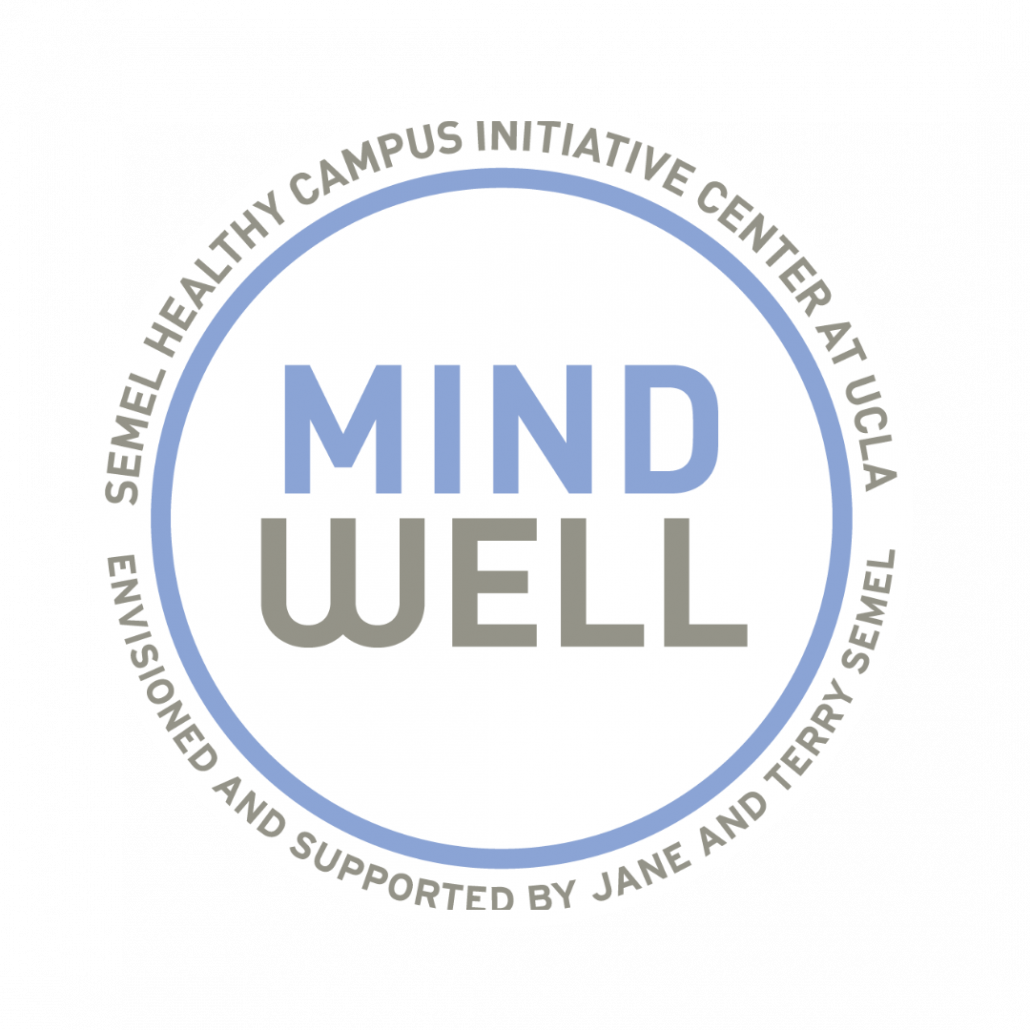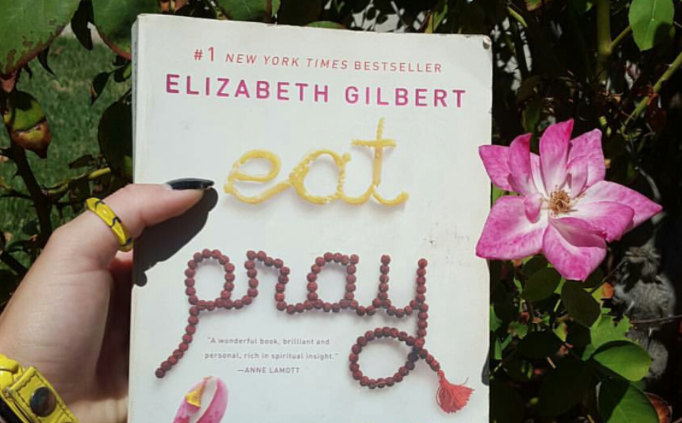The best mental health book that isn’t a mental health book
The best health and wellness book I have ever read is not one in the traditional sense. It is not written by a doctor, psychologist, or other professional claiming to know the answers to how to find peace within oneself. It is written by an ordinary person who faced several struggles in their life and decided to share how they found themselves after a long time of being lost. The book is Eat, Pray, Love by Elizabeth Gilbert, a nonfiction novel that shares the author’s firsthand accounts of her once-perfect life that fell to ruin, and of her journey to three different countries where she learns to put the pieces of herself together again.
The book begins with Gilbert at the lowest point in her life, where she questions why she should continue in a life that seems to have pushed her to her limits. It is a nighttime miracle that inspires Gilbert to prioritize her happiness and take a very special trip around the world. Each of the countries Gilbert visits during her year of adventure brings with it a different step towards healing: learning to love her body, losing the feeling of guilt, learning devotion through yoga, and balancing between worldly enjoyment and divine transcendence.
Before Gilbert’s journey began, she was plagued with depression, suicidal thoughts, an eating disorder, stress, and anxiety. However, each country she visits during her soul searching mends a part of her that was wounded. Gilbert encourages all who are facing struggles, or who have contemplated suicide, to turn to journaling as an outlet and safe space for releasing fears, anger, sadness, and doubts from the mind, so as to keep nothing but happiness inside one’s head and worries on the paper. The honesty in which mental illness is written about through this novel is striking, parts of which are excerpts from Gilbert’s diary, which she credits for saving her life and helping her regain her mental stability. By including excerpts from her diary, Gilbert creates an intimacy that allows readers to feel as though they are going through the experiences, growth, and healing along with Gilbert. Gilbert offers yoga, meditation, exploration, and indulgence as remedies, from her personal experiences, to depression and anxiety. One significant message the book conveys is that in order to heal one’s scars, they first have to forgive themselves; Gilbert cites this as the best advice she was ever given, which she passes on to readers in hope that it will assist in their own battles. Gilbert admits that if she had not taken such actions to change her life that she would not be alive today. Her story aims to show that there is so much to discover in the world that brings euphoria and peace of mind to people’s lives, and that if actions are not taken to alter one’s unpleasant position, all of the world’s beauty will be missed. By putting herself and her own happiness first, Gilbert is able to return to her favorite version of herself, work through her mental health struggles, and create a piece of literature that is able to help others do the same.
Gilbert’s story exemplifies that we all go through low points, but we do not have to succumb to them or let them ruin us, for, “..perhaps [our lives have] not actually been so chaotic, after all. It is merely this world that is chaotic, bringing changes to us all that nobody could have anticipated” (320). This story is a simple reminder to never give up on ourselves, because we are incredible beings and the world has so much to offer. I have read many books in my lifetime, and never has a nonfiction book touched my heart in such a way, or caused me to alter my life. As this book is filled with diverse content, it can appeal to almost anyone: travel bugs, foodies, hopeless romantics, linguists, yogis, soul searchers, comfort seekers, and many more. It is one of the best books to be read when wishing for a reason to persevere and desiring to find happiness and well-being in one’s own life.
Aubrey Freitas is an undergraduate student at UCLA double majoring in English Literature and Psychology with a minor in Italian. She is a blogger for the UCLA Healthy Campus Initiative in the Mind Well section, which focuses on the importance of mindfulness and mental health. Aubrey is the founder of the organization Warm Hearts to Warm Hands, which teaches the skill of knitting to people of the community in return for their donation of an article of clothing they create with the skill, to be given to local homeless shelters.



